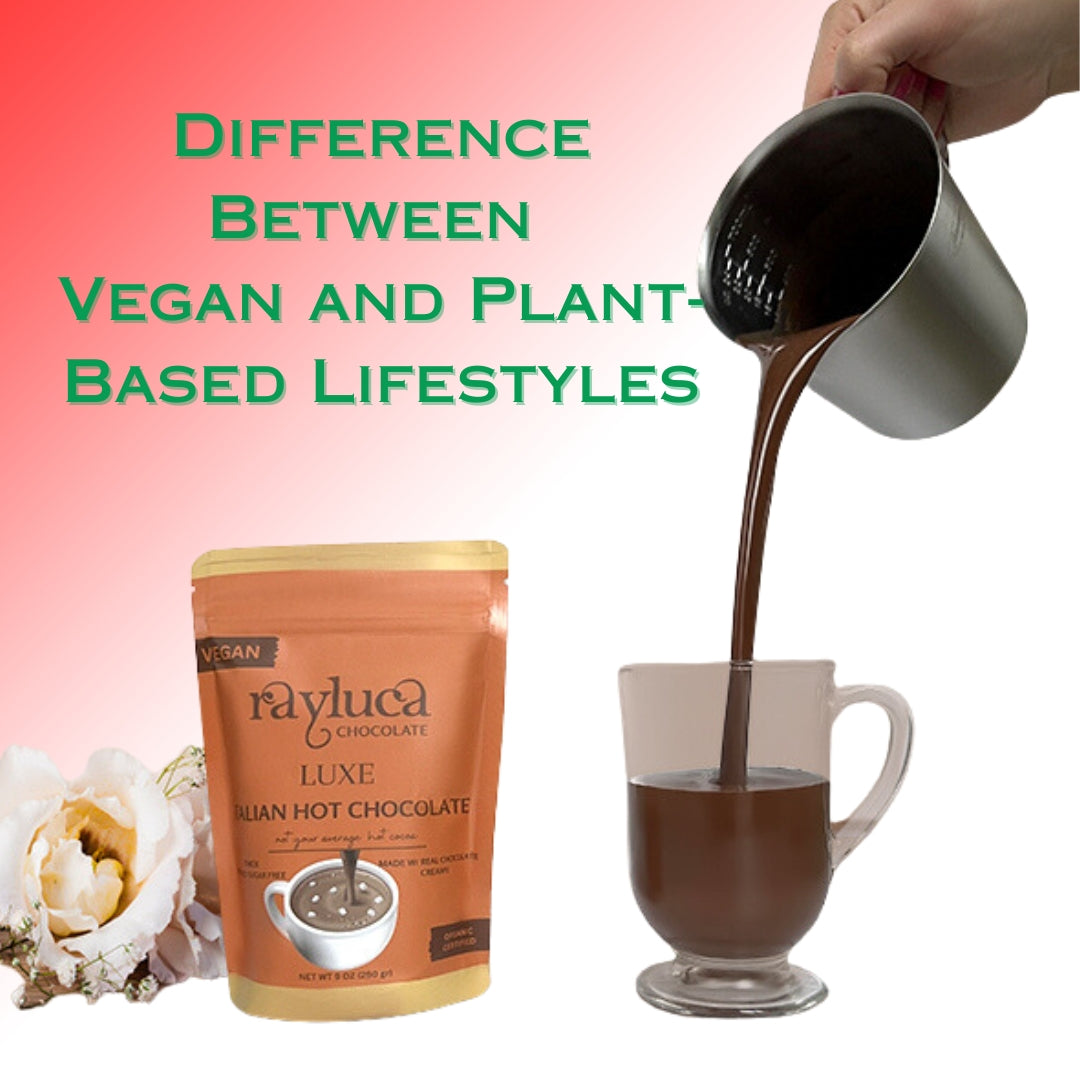Recently, "vegan" and "plant-based" have gained considerable attention regarding dietary choices and ethical living. While these two concepts share a common foundation for emphasizing plant-centric diets, there are distinct differences. In this blog post, we will delve into the nuances that set veganism and plant-based living apart, helping you decide which path aligns with your values and goals.
Defining Veganism and Plant-Based Living:
Veganism: Veganism is a lifestyle that extends beyond diet to encompass ethical, environmental, and societal concerns. Individuals who adopt a vegan lifestyle abstain from consuming, using, or promoting any products derived from animals. This includes meat, dairy, eggs, honey, clothing, cosmetics, and other items made from animal byproducts. The driving force behind veganism is the belief in minimizing harm to animals and reducing animal exploitation.
Plant-Based Living: On the other hand, plant-based living focuses primarily on dietary choices. A plant-based diet emphasizes consuming whole, plant-derived foods while excluding or significantly reducing animal products. The primary motivation behind plant-based eating is health and well-being, with individuals seeking to improve their overall health, manage weight, or prevent chronic diseases by adopting a diet rich in fruits, vegetables, legumes, grains, nuts, and seeds. While ethical considerations may play a role, they are not the central tenet of plant-based living.
Key Differences:
- Ethical Considerations: The moral foundation is the most notable distinction between veganism and plant-based living. Vegans are committed to avoiding animal exploitation and cruelty, extending their choices to non-food products like clothing and cosmetics. Plant-based individuals primarily focus on food choices and may not exclude animal-derived products from other aspects of their lives.
- Motivation: Vegans are driven by a deep concern for animal welfare and often advocate for animal rights and liberation. Plant-based individuals are motivated by health and well-being, focusing on reducing the risk of chronic diseases and promoting vitality through dietary choices.
- Flexibility: Plant-based diets may allow occasional indulgence in animal products or processed foods, especially if the main goal is health-related. In contrast, vegans typically adhere more rigidly to their principles, avoiding all animal-derived ingredients, even if they are not consumed directly.
- Community and Advocacy: The vegan community is often more engaged in animal rights activism and environmental advocacy, advocating for a broader societal shift away from animal exploitation. While plant-based individuals may engage in some advocacy, their primary focus is their health journey.
- Long-Term Sustainability: Veganism's ethical and environmental concerns can lead to more holistic lifestyle changes, such as choosing cruelty-free products and supporting sustainable fashion. Plant-based living, although health-focused, may sometimes translate into broader lifestyle changes beyond dietary choices.
Finding Your Path:
Whether you embrace a vegan or plant-based lifestyle depends on your values, goals, and priorities. If animal welfare and ethical considerations are paramount, veganism provides a comprehensive framework to align your choices with your beliefs. On the other hand, if you're primarily interested in improving your health and well-being through dietary changes, plant-based living offers a more flexible approach while still providing numerous benefits.
Ultimately, respecting and supporting each individual's choice is essential, as both vegan and plant-based paths contribute positively to animal welfare, personal health, and the environment. Whichever way you choose, remember that making conscious dietary decisions is a step towards creating a better world for all beings, whether human or animal.

